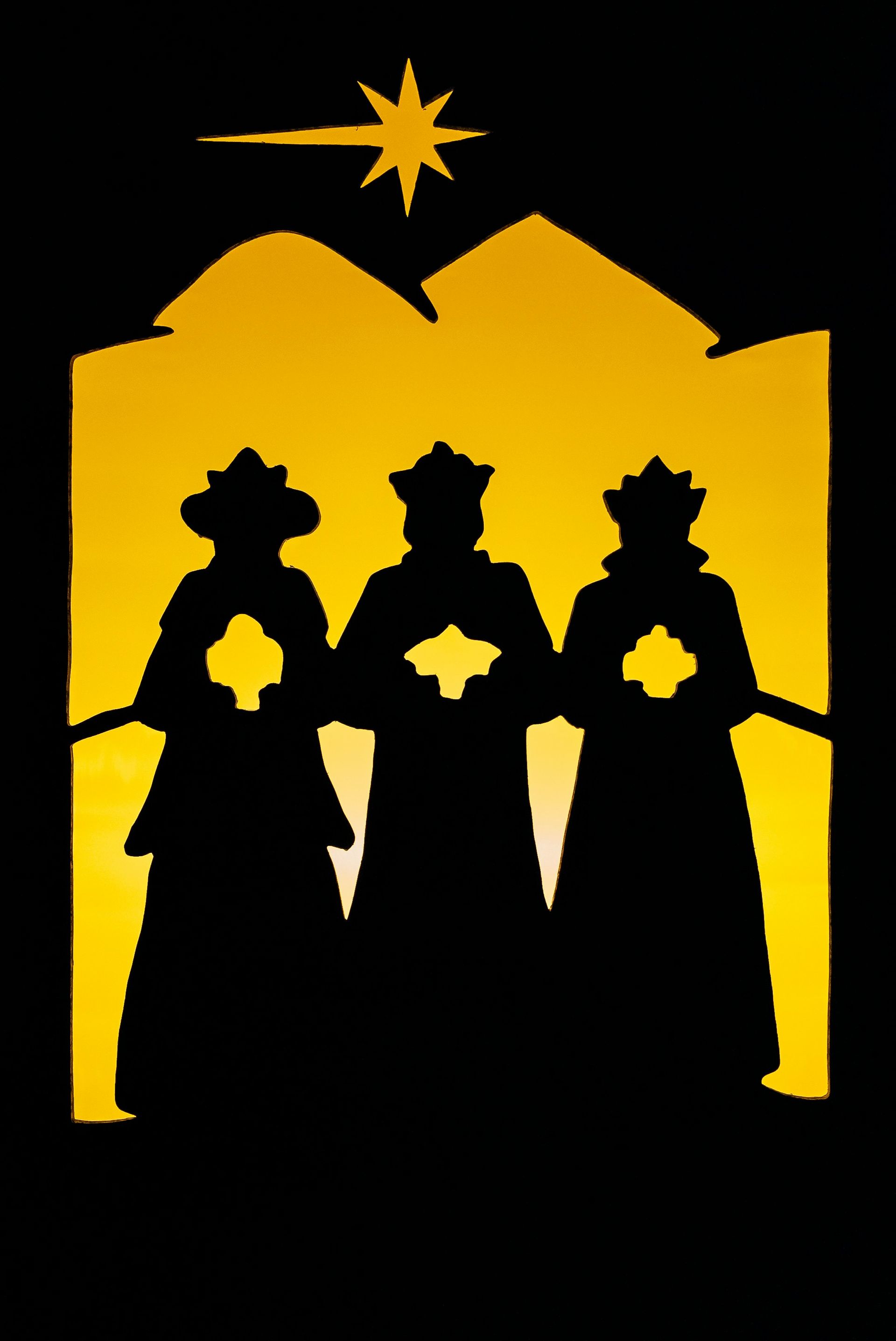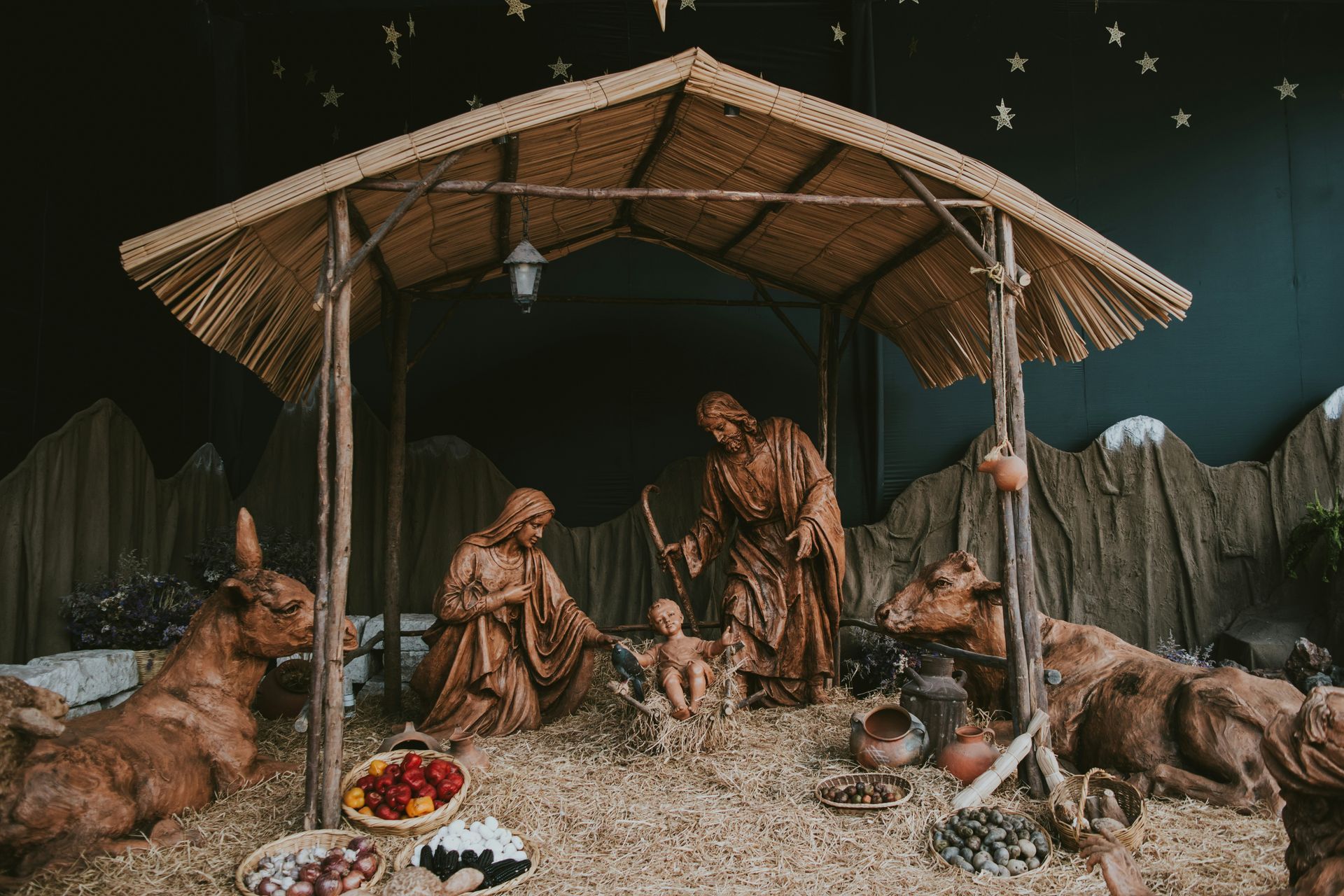Here We Go Again

HERE WE GO AGAIN
By John Santosuosso
When times are stressful it seems to happen every day. Go to the checkout lane in the grocery store, surf the Internet, or come across advertising for television programs and movies, and there it will be. Nostradamus predictions for 2025, or maybe Baba Vanga predicts the end
of Western civilization, while still other headlines scream Revelation says an angry God is about to seek vengeance! Always the headlines are filled with horror and terror. We shudder and think all of us, without exception, are doomed. Maybe it is always like this when the world seems dangerous. I am old enough to remember the 1962 Cuban missile crisis. Children were
afraid to go outside for fear that a Russian rocket would come down upon
their heads.
Obviously fear of future doom sells well. However, is there any real basis for it, or is it something that is most dangerous because it keeps us from dealing with reality and resolving the problems that our world faces today. As Christians we may not be called to be of the world but we certainly are called to live in it. Jesus Christ was looking for God to end the oppression of the Roman Empire against the Jewish population. That did not stop him from preaching and healing while he waited. If you read to the end of this piece I hope any fears you may have about the present or the future have evaporated or at least diminished. Even sincere prophets can be wrong, and they can also be misused by dishonest people who care nothing about the harm they may cause.
Let's take a look at some of these prophets and see if we should take anything they said seriously. Probably the most popular of the "prophets of doom" is the Frenchman Nostradamus who lived from 1502 to 1566. He is often referred to as a medical doctor but was actually more of a herbalist and astrologer. His prophecies were contained in a book first published in 1555 and expanded in later editions. The final edition divides them into ten "Centuries," each of which contains a number of quatrains, or four line prophecies written in an old version of French with occasionally other languages included. All of this makes them difficult to translate and easy for them to be misused.
In the preface to his book written as a letter to his son, Nostradamus says his prophecies extend to the year 3797. Whether he was sage of charlatan he certainly was not predicting the destruction of the planet in 2025, or 2026. His prophecies are seldom dated. A rare exception is X:72 for the year 1999. What happened in that year that fits his prophecy of the King of the Mongols (Mongolia has no king)? Absolutely nothing!
Admittedly in a very few cases Nostradamus seems to be somewhat on target. Claims are often made that he predicted the great 1666 fire of London (II:52) and the death of the French King Henry II (I:35). The prediction of Henry's death may be his most famous, but no one attributed the prophecy to Henry until fifty-five years after it was published. Even in the unlikely event that Nostradamus was accurate in a very few instances, his quatrains are so vague and difficult to translate that it is almost impossible to interpret them until after the event they supposedly describe has occurred. You can read and study them extensively, and still you will learn nothing about future events. So, what should we do with Nostradamus? Save your money and leave the tabloid in the grocery store.
Today another famous seer is the blind Bulgarian mystic, Baba Vanga. She lived from 1911 to 1996, and like Nostradamus, had a popular following during her lifetime. She is said to have predicted that European civilization would end in 2016 after a nuclear war. She also incorrectly supposedly claimed that the 44th president would be America's last. Ironically Baba Vanga wrote nothing, so it is impossible to know if the predictions attributed to her are genuine or not. Relatives have claimed many of them she never said. Again, like those of Nostradamus, her prophecies whether truly hers or not, are often vague and often wrong. If you want to have an idea of what the future holds the predictions of Baba Vanga are not the place to look. Of course you could try those of Edgar Cayce, Mother Shipton, and a legion of other prognosticators, but the results will be the same as you will receive from the two already discussed here.
Finally we need to take a look at the book of Revelation. When I visited the Greek island of Patmos and entered the small cave where John the Seer (he is not the apostle) supposedly wrote this work, I wondered if he had known how much mischief it would cause would he have written it. The book is filled with more violence than any other book in the entire Bible and is difficult to interpret unless you understand when it was written and why.
John, Paul, and Jesus were all apocalyptic prophets. As such they preached against the oppression of the Roman Empire. They expected that God would soon intervene in a dramatic way to put an end to it. Jesus proclaimed that a mysterious divine being known as the Son of Man and prophesied in the Old Testament book of Daniel (7:13-14), would soon come to free humanity from this evil and establish the Kingdom of God (see Luke 21:25-28) Apocalyptic writings are full of strange symbols and hidden meanings. I have never found a satisfactory explanation as to why. Many have thought it was to hide their message from the Romans, but Rome would have had very little difficulty to uncover it. A few bribes would have done the job.
The book of Revelation should not be dismissed as having no value. Written at the time of the persecution of Christians ordered by Emperor Domitian (around 95 AD), in places it provides some beautiful words of comfort and encouragement (see for example 21:1-7). However, interpreting it as foretelling the destruction of the world in our day after horrors of war, disease, and climatic disasters is a misuse of the book. As we have, seen John's writings were intended for his time, not ours (22:7,12). Did God act, as these men had hoped? Yes, Jesus is revealed as the Son of Man (Luke 16:20-25) However, it was not the Son of Man's responsibility to solve all of humanity's problems while the world sits back and watches.
So, where does this leave us today? A first step is to realize that the future is known fully only to God. Will God intervene in some dramatic way in the future? Anything is possible, but only God knows the answer. God has created us with amazing powers to have some idea of what lies ahead and more important to know what we are called to do. A reading of Matthew chapter 25 clearly explains what a true follower of Jesus is. Philosophers such as Karl Jaspers and Georg Wilhem Hegel saw history as moving toward a goal. The Christian faith has always viewed that ultimate goal as the Kingdom of God. Like St. Augustine, we may not completely know or understand what the Kingdom will be like, but we can know that like the cathedral builders of the past we are asked to get on with the construction. In the fullness of time God will reveal what is unfolding. In the meantime let us turn away from false prophecies and other attempted shortcuts to see the future. It is time to abandon fear and affirm that God was, is, and always will remain in charge. We do not need to fear tomorrow and the days that follow.
Note: References for the prophecies of Nostradamus are given by number with that of the century first followed by the quatrain. Biblical references are from the New Revised Standard Version, updated edition. Those seeking a more in-depth examination of Revelation might find the "New Interpreter's Bible One-Volume Commentary" very helpful. I believe that Jonathan Kirsch's "A History of the End of the World" is the best book ever written about Revelation.







